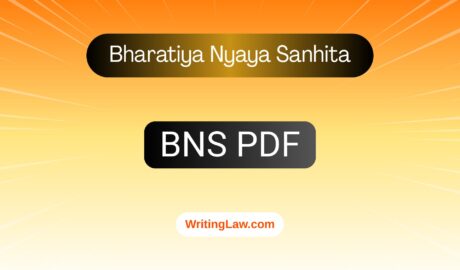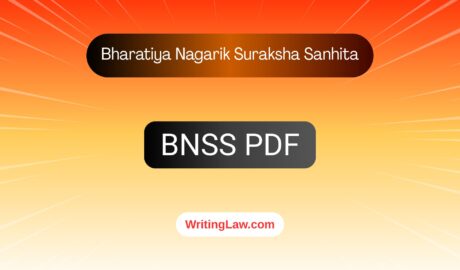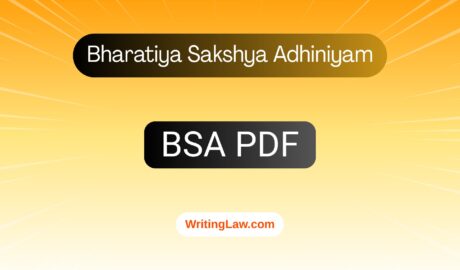Article 163 Constitution of India
Council of Ministers 163. Council of Ministers to aid and advise Governor. (1) There shall be a Council of Ministers with the Chief Minister at the head to aid and advise the Governor in the exercise of his functions, except in so far as he is by or under thisRead…








